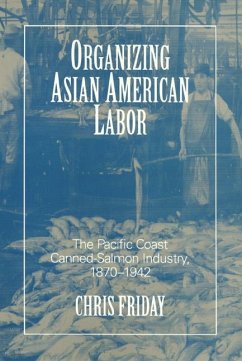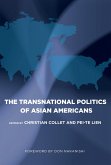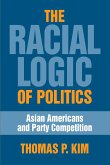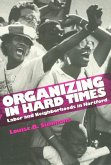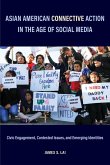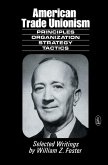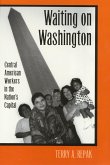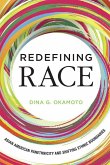Between 1870 and 1942, people of Chinese, Japanese, and Filipino ancestry toiled in the salmon canneries on coastal bays and streams from central California to western Alaska. Successive generations of Asian immigrants and Asian Americans formed the predominant body of workers in an industry that played a central role in the economic growth of the western states and territories. This book traces the shifts in the ethnic and gender composition of the cannery labor market from its origins through its decline and examines the workers' creation of work cultures and social communities. Resisting the label of cheap laborer, these Asian American workers established formal and informal codes of workplace behavior, negotiated with contractors and recruiters, and formed alliances to organize the workforce. Whether he is discussing Japanese women workers' sharing of child care responsibilities or the role of Filipino workers in establishing the Cannery Workers and Farm Laborers Union, Chris Friday portrays Asian and Asian American workers as people who, while enduring oppressive restrictions, continually attempted to shape their own lives.
